Why you shouldn’t heat honey: truth and myths, advice from beekeepers and nutritionists
Content:
Beekeepers mostly agree that honey should not be heated. Due to high temperatures, the composition of the natural antibiotic changes for the worse. Heating also affects the taste - the exquisite sweetness and aroma are lost.
What happens to honey after heating?
Heating natural honey above 60 degrees means turning the most valuable bee product into useless syrup with your own hands. Moreover, a temperature of 40 degrees Celsius is already an undesirable threshold.
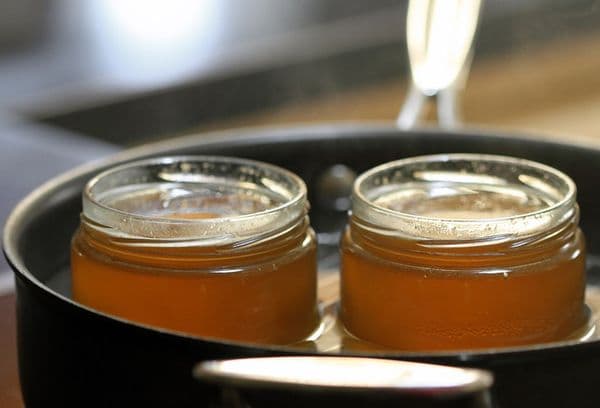
Benefit is lost
Adding honey to hot tea leads to the loss of its beneficial properties. Vitamins and valuable enzymes are destroyed - everything that is responsible for the unique healing properties.
Hot honey is useless for the treatment and prevention of colds, and it will not help in the treatment of other problems. But a teaspoon of fresh product before breakfast can significantly strengthen the immune system and prepare the body for the changing seasons.
The taste spoils
Connoisseurs of fine taste will immediately notice the difference: an ordinary product, even if it has been in the cupboard for a long time, retains bitterness, herbaceous, floral, pine and other notes - heated honey cannot be compared.
Allergy risk rises
And one more thing: honey and products containing it are known allergens. After heating to 45-60 degrees, the likelihood of allergic reactions increases.
The lie about the dangers of heating
When honey is heated, it produces, among other effects, a toxic substance called hydroxymethylfurfural (OMF). It is presented as the main danger to human health. An overdose of this substance may cause serious disturbances in intestinal function.
OMF is created when heated due to the breakdown of fructose, which is found not only in honey, but also in other sweet foods. According to GOST, the concentration of hydroxymethylfurfural does not exceed 25 mg per 1 kg in honey; for production in countries with hot climates, this figure increases to 40 mg.
This is a very, very small dose to talk about immediate harm to health, poisoning and oncology. For comparison, carbonated drinks contain up to 300 mg of OMP, and even this is not considered dangerous. And in roasted coffee beans the amount of OMF is 80 times higher.
The concentration of OMP was regulated not to protect against carcinogens, but to control production so that safe temperature conditions were observed during product processing.
Thus, the danger of heated bee product is exaggerated. You can only get poisoned if you regularly consume a hot product in large quantities. And for the elixir to turn into poison, you will have to heat it to very high temperatures, which is impossible at home.
How not to eat honey
So, what should not be done with a beekeeping product so as not to reduce its benefits:
- Contrary to popular belief, hot tea with honey is not a health elixir, but simply a sweetened drink. Boiling water quickly destroys beneficial enzymes and vitamins.
- Honey loses its beneficial properties if you add it to the dough: baking in the oven is exposed to high temperatures, usually 180-200 degrees.
- Do not heat frozen honey in the microwave. Hardening or crystallization is a natural phenomenon: this is how fructose manifests itself. This happens if the freshest product is poured into jars. Experienced beekeepers prefer to pack the sweetness when it has “settled,” that is, has thickened a little. This honey lasts longer unchanged. To “dissolve” the honey, it is heated in a water bath to about 30 degrees.
- You should not store honey in a warm place, above 28 degrees - this can cause it to ferment (the white coating on the surface will not be crystalline, but foamy).
- Leaving the jar in direct sunlight is certainly not recommended: in hot weather, the temperature in the sun can exceed 40 degrees.
- Moreover, you should not cook or boil honey. There are many ways to use it for health and beauty benefits without using heat.
Conclusion: the heated product is not dangerous, but also not useful. If you so desire, then add it to hot tea, to dough for flavor, and to marinade for meat and fish. Just keep in mind that this will only be a sweetener and not a valuable nutritional component.
Is it possible to freeze
Freezing, like boiling, will not bring anything good to the product. And even refrigeration will destroy valuable compounds in the product.
How long does honey last?
The optimal temperature range for honey is from 21 to 30 degrees Celsius, so a dark kitchen cabinet is quite suitable. The sweetness will remain there for a long time without crystallizing, from a year to two.The magazine purity-en.htgetrid.com recommends keeping the main supply in a large airtight container, and a small “current” volume in a small glass jar with a lid (for example, from tomato paste) - this will extend the shelf life.
How to eat honey correctly
Even properly stored honey in large quantities can be harmful to health. Follow the dosage: for an adult, 200 g of product is enough. The norm for each person is set individually depending on age, need for certain substances and health status.
If you like sweet drinks with honey, then make sure that the temperature of your tea does not exceed 30-35 degrees at the time of adding the beekeeping product to it. You can dilute honey with warm water, berry juice, milk, coffee, cocoa, etc.
Advice
Store-bought honey most often undergoes pasteurization, that is, heating. Give preference to fresh product from the apiary if you want noticeable improvements in health.
Other ways to eat honey without exposing it to high temperatures:
- It’s very tasty to mix honey mass with nuts, berries, fruits, dried fruits, and citrus zest.
- Add it to warm porridge for breakfast.
- Spread on toast instead of jam or marmalade.
- Dress salads with honey by mixing it with lemon juice and vegetable oil.
Advice from purity-en.htgetrid.com magazine: Honey is a natural preservative; butter can be stored in it at room temperature. Mix the two products and use for breakfast sandwiches.
We distinguish a quality product from fakes
Such an expensive product as fresh honey is often counterfeited: mixed with crystallized honey and heated.To avoid falling for the tricks of unscrupulous beekeepers, check the product before purchasing according to the following rules:
- Fresh honey has a distinct sweet aroma and taste. Heated old honey has a weak odor.
- Fresh honey has a uniform consistency, it is liquid but viscous. The melted product is characterized by increased wateriness.
- Try a spoonful of honey, hold it on your tongue: the fresh product will reveal additional tart or sweet notes, and a pleasant warmth will appear in your throat. Old and reheated, it has no flavor, it's just sweet.
- If you understand the shades of different types of honey, you can catch the seller: old melted honey will be darker than its fresh counterpart.
Finding high-quality honey in regions where beekeeping is not common is quite difficult, but you can always use the postal service. Honey is truly a valuable product, along with rare vegetable oils, nuts, fruits and berries, and it is up to you to get the most out of it. It is very easy to store and use.
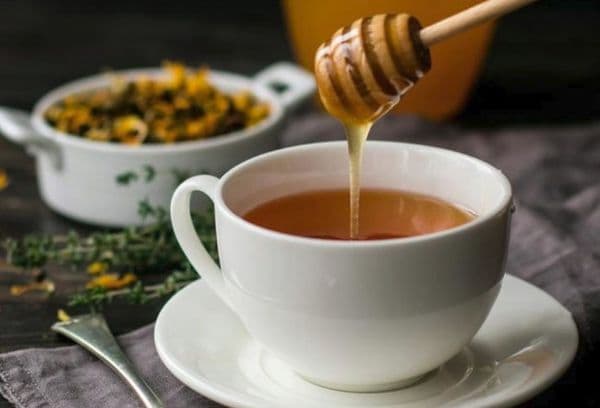
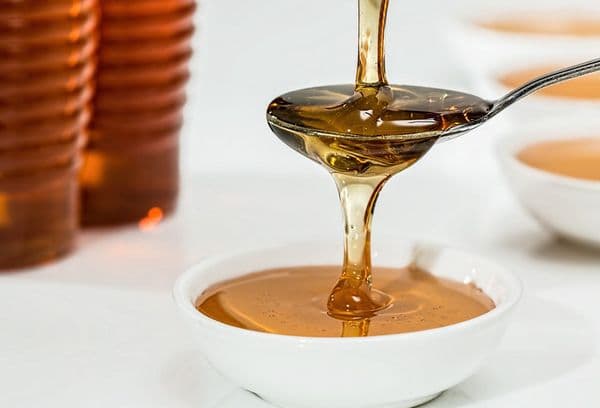
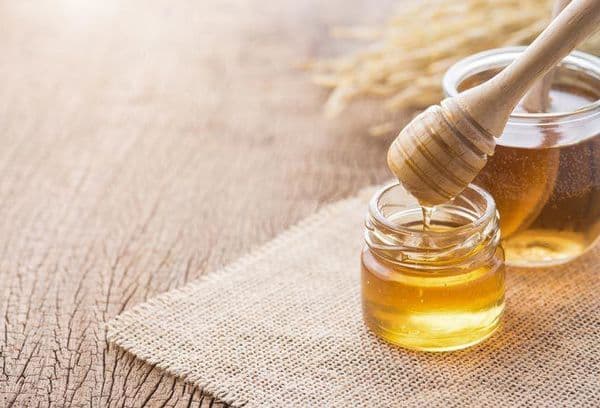
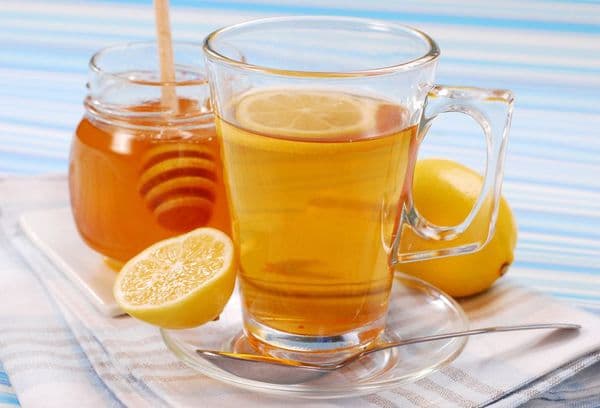
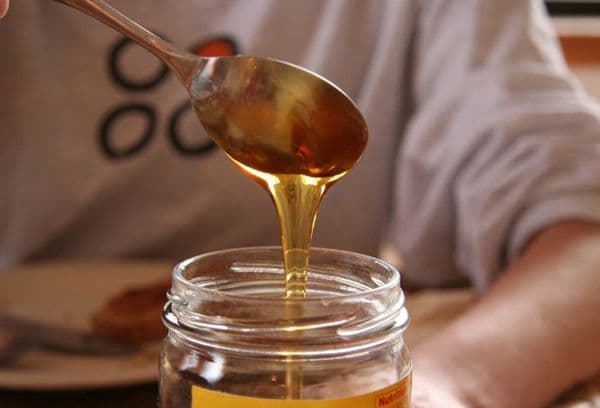
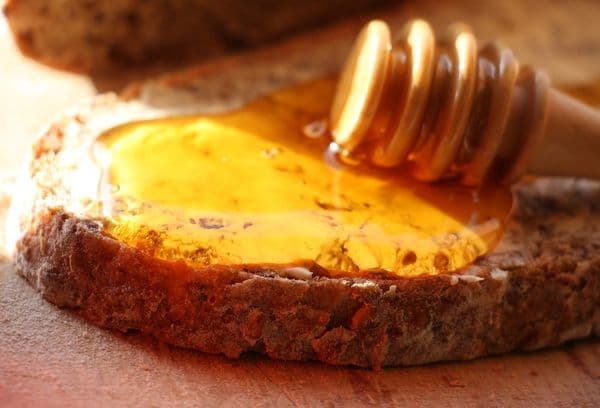
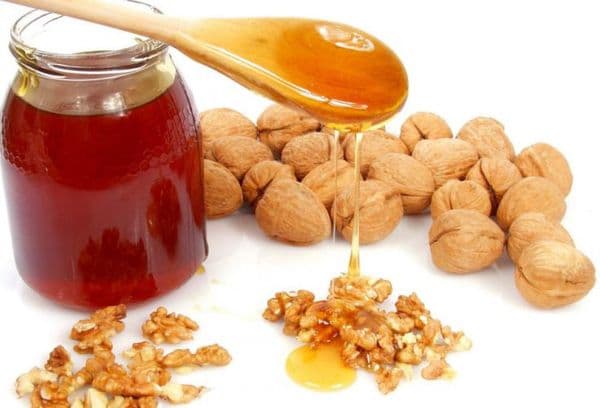
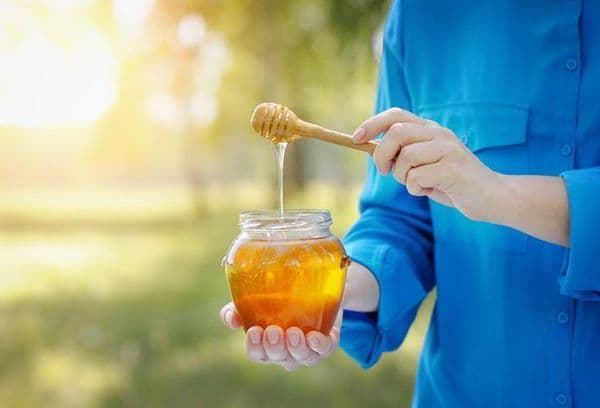
I really love honey.I add it everywhere. I put it in tea, and in porridge, and on bread, and marinate meat. All my friends scared me that when heated, it becomes harmful. Now I am calm that I don’t have to give up my favorite product.
Perhaps this is just my personal opinion and/or impression. However, from my own experience I noticed the following: porridge is rarely lukewarm, therefore, adding honey to the plate can also lose its benefits; I sometimes add honey to a cup of hot coffee, simply because it soothes my throat a little - an effect that you don't get from regular black coffee.
Have a nice day and enjoy your appetite!
“You should not store honey in a warm place, above 28 degrees” - the statement is extremely incorrect; only unripe honey will ferment! Normal honey can stand for a long time at this temperature!